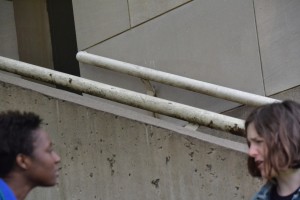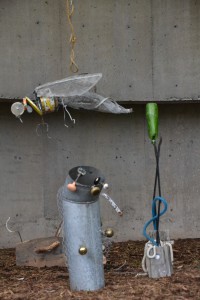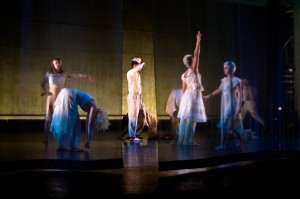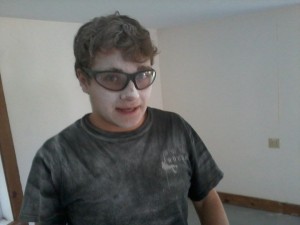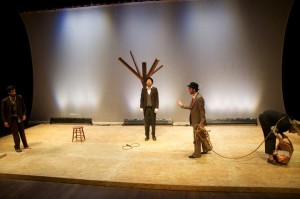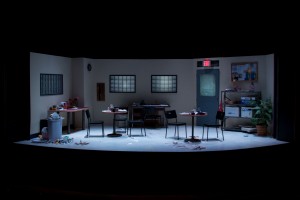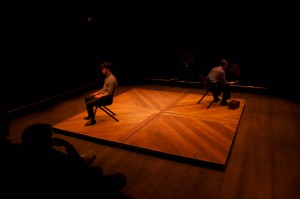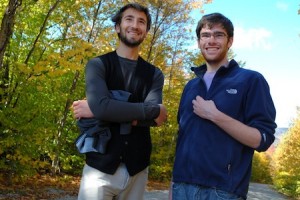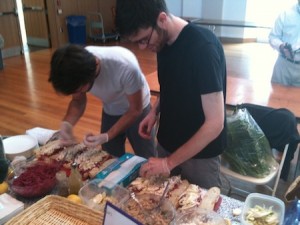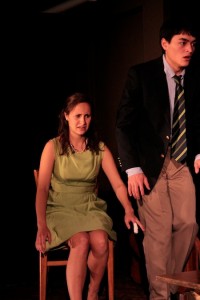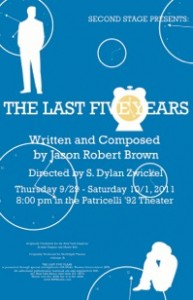“If our imaginations can lead us to profound, performative empathy, I believe even more strongly that the space of performance must be harnessed to imagine love instead of hatred. I need to believe that theorizing and documenting, witnessing and creating performance will continue to grace our lives with meaning, generosity, understanding, and memory, however provisional and fleeting.”
-Jill Dolan, forum on tragedy after 9/11

Before coming to Wesleyan, theater lacked definition in my life. I understood why I did it, to some extent, but I didn’t completely understand its role in society, in the broader picture of how I interact with the world. I loved doing theater with children for its educational and confidence building qualities, and I loved performing with my peers for its incredible power to build a community over a common goal.

Throughout my time at Wesleyan I’ve been given the opportunity to look at not just how we perform, but why we perform and what our performances mean. For my senior thesis this year I was particularly inspired by an essay called Notes About Political Theater by Tony Kushner. The essay is something of a manifesto on why the playwright chooses to make political theater and what in fact that term means. Mr. Kushner sees political theater as theater that responds to, that is reflective of, that understands events in contemporary society. He recognizes the stigma against political theater that prevents audiences from wanting to see plays that make them think, or make them feel guilty, then goes on to call to all theater makers to make good political theater that negates this stigma and allows theater to be used as a tool for understanding and sparking change in the world.
It’s a big idea. Yet, at the same time, it’s not. We live in a beautiful, awesome, marvelous world filled with pain, hurt, violence, and destruction. Mr. Kushner is not asking us to fill our plays with decay and depression, but rather to engage

with the world that we all must be a part of in everything that we do. Theater cannot simply be an escape from that world. It must be a response to it.
My thesis, Lift Your Head, was on Euripides’ Trojan Women, an ancient story about the devastation of war that has survived to resonate and share its wounds with modern audiences who still suffer through war. It was a capstone project for me in many ways, not least of which in helping me define what kind of theater I want to watch and be a part of in the future. I have come to realize that if and when I make and watch theater in the years to come, I want it to be political theater. I want to be a part of theater that understands that the world we live in is both challenging and amazing and attempts to address that world. This is not to say that I don’t and won’t enjoy the occasional musical or light comedy, but the theater that is most enjoyable is that which makes me reflect on how I inhabit, how we all inhabit this world, and the choices we make that affect it.
I am entering a completely different industry when I graduate at the end of this month, but theater will always play a huge role in my life. The ideas and ways of talking about theater that I have learned here will stay with me as I move forward from Wesleyan into that grand, awesome, and terrifying world.


